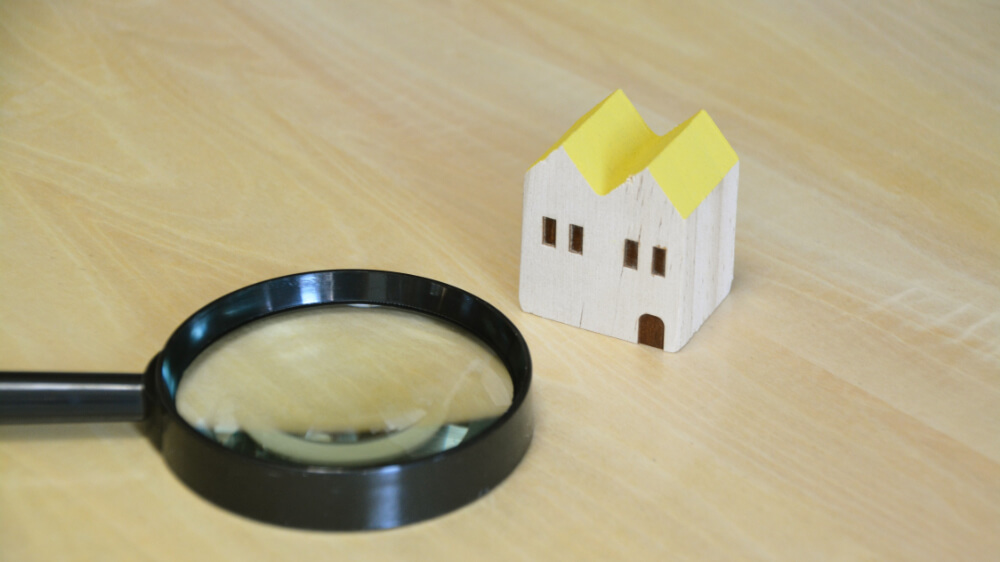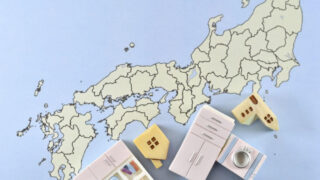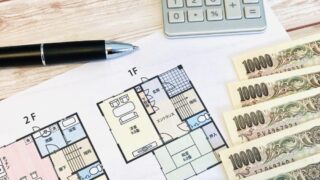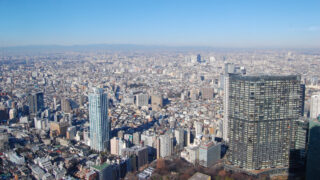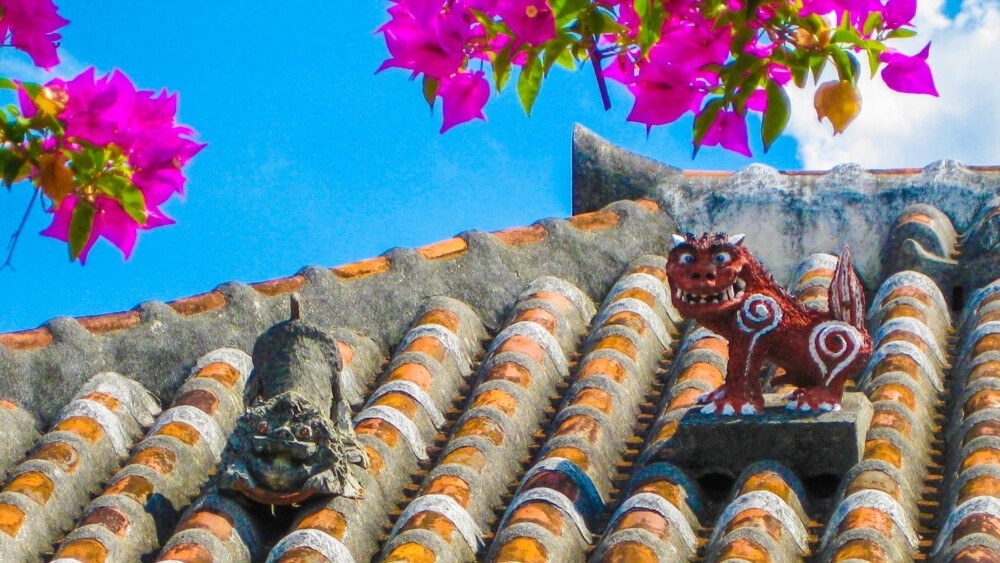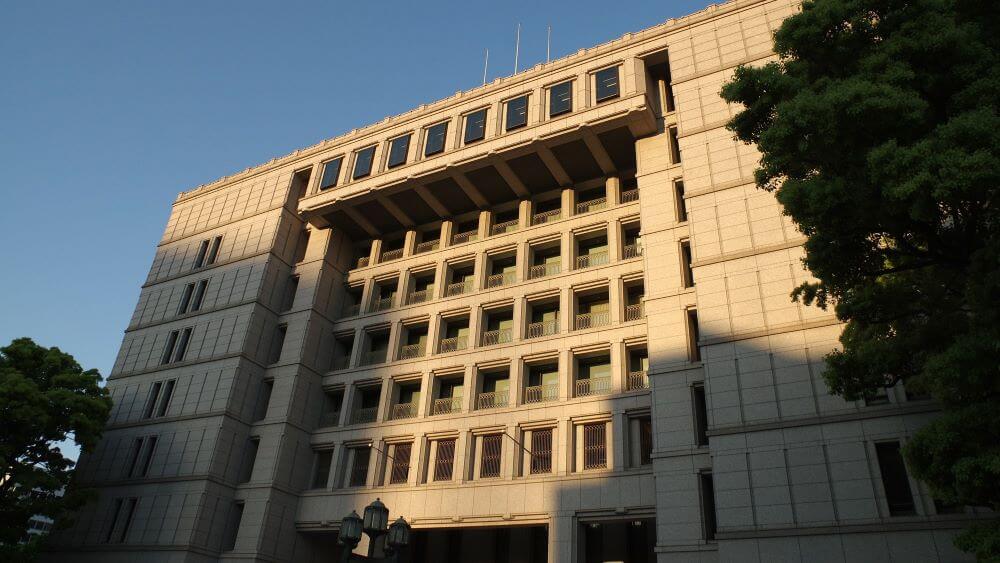Starting a new life abroad means finding a place to live first. In Japan, renting can be tricky for foreigners due to the unique customs and sometimes complicated processes. This guide will share helpful tips, useful websites, important things to keep in mind, and a clear breakdown of the steps involved in renting an apartment or house in Japan.
Renting an Apartment in Japan
Is It Difficult for Foreigners to Rent an Apartment?
Japan is often considered a challenging country for foreigners to rent apartments due to several reasons:
- Cultural Complexity: Deeply ingrained cultural norms and practices can make it difficult for foreigners to navigate housing procedures, rules, and terminology.
- High Initial Costs: Renting an apartment in Japan involves significant initial costs, including security deposits, key money, and agency fees. In addition, it is customary in Japan for apartments to be unfurnished, requiring tenants to provide their own furniture and appliances.
- Guarantor Requirements: Some landlords may request a Japanese guarantor, creating a barrier for foreigners without local connections or support networks.
- Limited English Support: The scarcity of English-speaking real estate agents adds to the complexity, making communication challenging for non-Japanese speakers.
Housing Options for Foreigners
If you find it difficult to rent a private residence for such reasons above, please consider the following options. We suggest alternative housing options, especially for those visiting Japan for a short period of time or on a limited budget.
Monthly Apartment
For a short-term stay like 1 to 2 years, monthly apartments offer a viable option. The monthly rent may be around 20-30% higher than the market average, but with no need to purchase furniture and no initial costs such as key money, you may be able to reduce the overall expenses.
Share Houses
Shared houses are particularly popular among foreigners as they often eliminate the need for a guarantor and allow for reduced initial costs. The presence of shared spaces makes it easy to find fellow expatriates, providing an additional advantage.
Some reputable companies providing such options include:
- Oakhouse: A company with a track record of managing accommodations for foreigners.
Website: https://www.oakhouse.jp/eng/ - Borderless House: Specialises in share houses, fostering a community atmosphere.
Website: https://www.borderless-house.com/ - Leopalace: Offers weekly and monthly contracts with minimal upfront costs, a long-standing company.
Website: https://www.leopalace21.com/en
Steps to Renting an Apartment
Step 1: Set Your Budget
Rent varies significantly in Japan, much like in other countries, depending on factors such as location, size, and facilities. For a studio apartment, you may find prices starting around 30,000 yen in regional cities, but in central Tokyo, it can exceed 100,000 yen.
When renting a home, additional initial costs are involved, apart from the monthly rent. The typical initial costs for renting a house or an apartment in Japan include:
- Security Deposit (Shiki kin): 1 to 2 months’ rent. This is refunded upon departure if there are no issues.
- Key Money (Rei kin): 0 to 2 months’ rent. Costs arising from traditional Japanese customs and is non-refundable.
- Agency Fee (Chu kai tesuuryo): Half to one month’s rent. Paid to the real estate agency facilitating the contract.
- Advance Rent (Mae yachin): 1 month’s rent. Usually, the rent for the upcoming month will be billed in advance.
- Other Fees: Including cleaning fees, key exchange fee, property insurance, and moving expenses.
When renting an apartment in Japan, the initial costs can amount to around 4 to 6 months’ worth of rent. It’s important to factor these costs into your budget, adding them on top of the monthly rent.
Step 2: Choose Your Preferred Area
Select the region where you’d like to live, considering factors such as convenience for commuting and the characteristics of the area’s living environment. Research the specific features of the area, and refer to the prefecture guide for more information.
When choosing a place to live, it’s also important to consider the specific neighbourhood, especially in large cities like Tokyo or Osaka. Different areas can have vastly different rental prices and vibes. For instance, Tokyo’s west side, including Shinjuku and Shibuya, is lively and packed with younger crowds, offering great access to shopping, dining, and nightlife. Meanwhile, the eastern areas like Asakusa offer a more traditional, nostalgic feel of Japan, and some neighbourhoods even have strong foreign communities.
Step 3: Decide on the Type of Property
Clearly define the type of property you’re looking for, considering the options below and evaluate those that meet your criteria.
Apart
The term “Apart” usually refers to small residential buildings for individuals or families, typically up to 3-4 floors. It’s a popular choice in suburbs or in the heart of small towns. Prices vary based on factors like the age of the building, location, and facilities etc. Cheaper options might include wooden structures or shared baths, which are more common in older buildings.
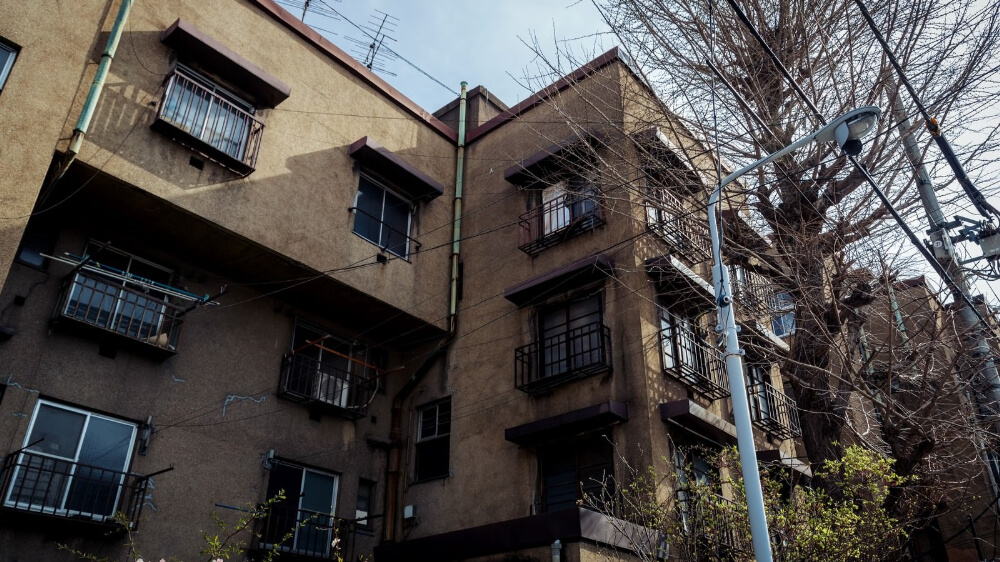
Mantion
These are larger residential buildings offering more amenities compared to apartments. Features like parks, meeting rooms, and communal spaces are often part of the complex, making them great for families with children. Mansions are commonly found in residential areas of big cities.
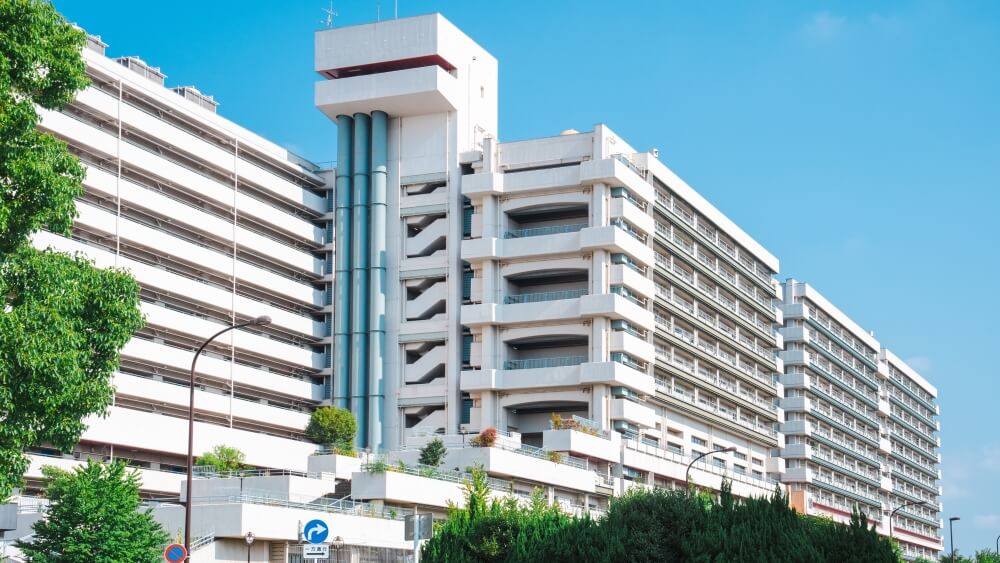
Ikkodate
Independent houses, called “ikkodate” in Japanese, are widely found in rural areas. Older houses often feature traditional Japanese elements like tatami rooms and fusuma (sliding doors). Even in big cities, cultural areas like Kyoto, Kanazawa, and Asakusa offer the chance to rent traditional homes known as “machiya” or “kominka,” providing a unique living experience steeped in history and culture.
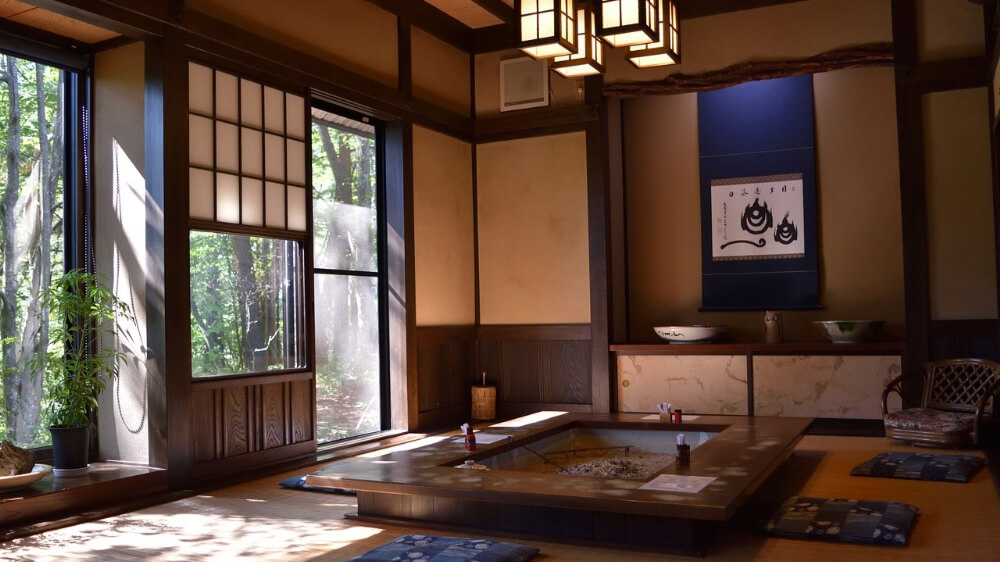
Step 4: Check the Conditions
Consider your requirements and preferences for the property you want to live in. Here are some factors to consider:
- Floor Plan: Sunlight and ventilation are also crucial factors to consider because Japan is very humid.
- Facilities: Availability of parking, presence of air conditioning, and kitchen facilities.
- Pet acceptance: In Japan, it’s not uncommon to find properties where pets are not allowed.
- Neighbourhood environment: Accessibility to public transportation, and the presence of schools or hospitals are important aspects to evaluate.
Step 5: Contacting Real Estate Agencies
Once you’ve reached this point, it’s time to take concrete actions. There are mainly two methods to rent a property in Japan.
One is to go directly to a real estate agency and consult with the staff. Regardless of which real estate agency you visit, they access the same database to find available properties, so there’s no need to inquire at multiple places.
Note: Some agents may also handle some exclusive properties under a special contract.
Below is a list of real estate agencies that offer English support:
- Living Japan: Tokyo-based with online property search for Tokyo.
Website: https://www.livingjapan.com/ - E-heyanet International Office: English-friendly real estate agency in Shinjuku.
Website: https://www.eheya.net/en/office/international/index.html - Flat agency: Specialising in Kyoto.
Website: https://en.flat-a.co.jp/ - Oki Corps: Covers the entire Okinawa.
Website: https://www.oki-corp.net/
The other method is to use online sites. This allows you to search for properties nationwide, even from overseas. Normally, when you find a property you are interested in, you contact the real estate agency managing it to schedule a viewing. Some sites not only list properties but also provide contract support services for foreigners. Be cautious, as some sites may only list high-end or luxury properties.
Here are some sites with abundant information and English search options:
- Real estate Japan: Covers all of Japan with a relatively large number of listings, including guesthouses.
Website: https://realestate.co.jp/en/rent/listing - Wagaya Japan: Offers property search in many major cities in Japan; also provides staff-assisted property search services in Tokyo and Ehime.
Website: https://wagaya-japan.com/en/ - Move 2 Japan: Covers the Kansai area with many reasonably priced listings; has an office in Kobe.
Website: https://www.move2japan.com/
Step 6: Property Viewings
Once you’ve found a property of interest, the next step is to schedule a viewing. During the viewing, if there are any points that concern you, don’t hesitate to ask the agent on the spot. Even if the agent doesn’t have the information, they should be able to check with the landlord and provide you with an answer later.
During the visit, do not forget to check sunlight exposure, noise levels, any damaged facilities, etc, and ensure that there are no discrepancies from the conditions you checked beforehand.
Step 7: Contract Signing
Have you found the apartment you want to live in? If so, it’s time to proceed with the application. Notify your interest to the agent, fill out an application form, and pay an application fee. The application fee varies by company but is generally around 10,000 to 30,000 yen.
Based on the information in the application form, a screening process will take place. If approved by the landlord, it will proceed to the contract.
The real estate agency will ask you to submit some documents. These may include:
- Your ID: Passport and/or residence card.
- Resident Certificate (Juu min hyo): A document obtainable from the local municipal office.
- Proof of Income (Shuu nyuu syoo mei): This could be in the form of a tax certificate. For students and others without a steady income, the income statement of a guardian or parent might be required.
- Documents related to a guarantor: Depending on the situation, these may or may not be required.
- Seal/Signature: While a name seal (hanko) is common in Japan, a signature may be accepted from foreigners who don’t have one.
- Bank Account: Necessary for rent payments. If you don’t have a local bank account yet, some arrangements may be possible, such as bank transfers.
Keep in mind that the specific requirements can vary, and the real estate agency will guide you through the necessary steps.
Step 8: Prepare for Moving (Hikkoshi)

Once you’ve secured a place, it’s time to plan the moving process. This involves selecting a moving company and arranging contracts for gas, water, and electricity.
Moving Company Selection
Moving in Japan can be a substantial task as apartments generally do not come furnished. Professional moving companies provide comprehensive support, including packing and setting up furniture and appliances.
Here are some moving companies that offer services in English:
- Yamato Home Convenience: Japan’s most famous delivery service company.
Website: https://www.008008.jp/en/ - Sakai Moving Service: Another major company.
Website: https://www.hikkoshi-sakai.co.jp/kaigai/english/beginner/ - Fukuoka Soko: Nationwide service from Hokkaido to Okinawa.
Website: http://www.fukuokasoko.com/eng/services/local_move.html
Utility Contracts – Gas, Water, Electricity
As infrastructure services are often necessary from the day of the move, it’s essential to arrange contracts in advance. Some landlords may have designated service providers, so check with the real estate agency. If the service providers do not offer assistance in English, consider using support services for foreigners.
Step 9: Moving In
It’s a norm to collect the keys for your rented apartment from your real estate agency on the day of your move. If this is difficult, ask the real estate agent for an arrangement in advance.
Once you’ve moved in, before unpacking, thoroughly check if anything has changed since your initial viewing. If you identify any issues, promptly contact the real estate agency. Additionally, confirm that utilities such as electricity, gas, and water are functioning correctly. Taking these steps ensures a smooth transition into your new living space.
Renting an apartment in Japan requires careful planning and understanding of the local processes, but living in a place you love is the first step to an enjoyable life in Japan.
